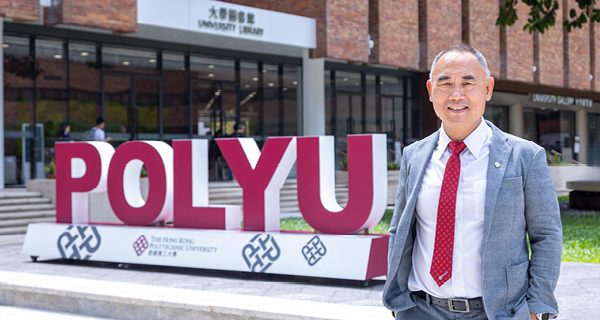Professor Yang is a fellow of the Canadian Academy of Engineering and Royal Society of Canada, as well as of the Institute of Electrical and Electronics Engineers (IEEE), Association of Computing Machinery (ACM), Association for the Advancement of Artificial Intelligence (AAAI), American Association for the Advancement of Science (AAAS), International Association of Pattern Recognition (IAPR) and Chinese Association of Artificial Intelligence (CAAI). He was President of the International Joint Conference on Artificial Intelligence between 2019 and 2021 and President of the Hong Kong Society of Artificial Intelligence and Robotics. He received the ACM SIGKDD Distinguished Service Award, the Department of Computer Science Alumni Hall of Fame at the University of Maryland in 2017, and the IJCAI Distinguished Service Award in 2023.

Professor Yang has been active in serving the community. He was the Conference and Programme Chairs for the ACM KDD Conference, Programme Chair for the IJCAI Conference and Conference Chair for the AAAI Conference. He served as President of the IJCAI board of trustees from 2017 to 2019. He was also the Founding Editor-in-Chief of ACM Transactions on Intelligent Systems and Technology and the Founding Editor-in-Chief of IEEE Transactions on Big Data. Besides his academic research.
Professor Yang is also active in industrial practice. He was the Founding Director of the Huawei Noah’s Ark Lab, former Chief Technology Advisor at WeChat (2015-2018), Co-founder of 4th Paradigm Technology Ltd and Chief AI Officer of WeBank between 2018 and 2025.
Professor Yang has authored or co-authored more than ten books in AI, including books on transfer learning, planning and federated learning. He holds over 220 patents in AI.



 Professor Yang has been active in serving the community. He was the Conference and Programme Chairs for the ACM KDD Conference, Programme Chair for the IJCAI Conference and Conference Chair for the AAAI Conference. He served as President of the IJCAI board of trustees from 2017 to 2019. He was also the Founding Editor-in-Chief of ACM Transactions on Intelligent Systems and Technology and the Founding Editor-in-Chief of IEEE Transactions on Big Data. Besides his academic research.
Professor Yang has been active in serving the community. He was the Conference and Programme Chairs for the ACM KDD Conference, Programme Chair for the IJCAI Conference and Conference Chair for the AAAI Conference. He served as President of the IJCAI board of trustees from 2017 to 2019. He was also the Founding Editor-in-Chief of ACM Transactions on Intelligent Systems and Technology and the Founding Editor-in-Chief of IEEE Transactions on Big Data. Besides his academic research.